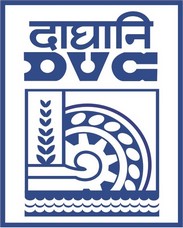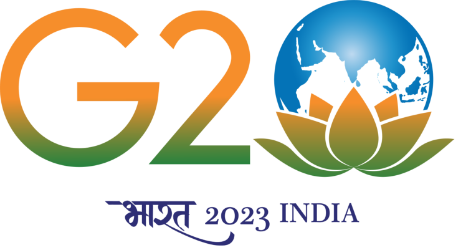Soil Conservation
 Halting the Death of Soil in Damodar Valley
Halting the Death of Soil in Damodar Valley
Damodar Valley Corporation is working since 1949-50 to tackle the soil erosional problems in upper Damodar-Barakar catchment area through soil and water conservation/integrated watershed management programmes with multidisciplinary approach by its Soil Conservation Department located at Hazaribagh.
The total problem area which needs soil conservation work is 11.47 lakh hectares. Out of this, 5.328 lakh hectares have been covered by soil conservation activities. Again out of 7.27 lakh hectares priority problem area, 73.29% has already been covered. In the coming years work will be carried out in remaining areas.
Objectives of Soil Conservation Work
- Control soil erosion by integrated watershed management

- Check siltation in DVC reservoirs
- Improve moisture regime by in situ moisture conservation
- Retain soil fertility for sustained production of food, fibre and fuel for the inhabitants
- Water harvesting as life saving irrigation
- Generating reliable data base for designing soil conservation structure
- Assure crop production
- Green belt creation in and around DVC projects as pollution control measures
- Converting cultivable wasteland into cultivable land
- Impart training to govt. officers, engineering students, farmers, NGOs etc.
Operational Ambit
| Jharkhand | Palamau, Ranchi, Hazaribagh, Giridih, Dhanbad, Bokaro, Santhal parganas and Dumka districts. |
| West Bengal | Purulia district |
Control Measures to Heal the Land
- Afforestation/Silvi Pastoral Development/Contour Trenching/Rehabilitation
- Field hedge, pasture and horticultural development, drainage line treatments, silt detention dams, renovation of ponds, reclamation of land, demonstrations on crops, fertiliser application, moisture conservation
- Construction of water harvesting structures.
Afforestation
DVC has brought around more than 2,00,000 ha of forest and waste land under forest cover through its afforestation programme.
Watershed management is the activity through which DVC is helping to preserve the delicate ecological balance of nature. Combating soil erosion and decay of soil specifically in the upper valley region and conserving the life of dams are major concerns for DVC.
Different strategies adopted through watershed management have been contributed significantly to the life span of DVC’s reservoirs. There has been a 50% depletion in sediment production in comparison to pre-conservation stage. Sedimentation has been reduced to 3.20 ha mtr./100 sq. km per year from 7.9 ha mtr./100 sq. km per year.
The yearly siltation rate of Panchet dam has come down from 2% to 0.2% and in Maithon from 1.5% to 1.35%.
Research & Training On Soil Conservation
DVC’s 142 ha soil conservation experiment station has created a data bank on climate, erosion, run-off and soil loss. It also conducts research on land use covering agronomy, agrostrology, forestry, and orchard crops. Effective and economic techniques of soil and water conservation are worked out to optimize utilization of land. Soil is tested in DVC’s Soil Testing Laboratory with research oriented approach.
Appreciating the pioneering role and expertise of DVC, Government of India provides subsidy for running a soil conservation centre at Hazaribagh. The centre imparts training to project and field level officers deputed by different government departments and local farmers.

